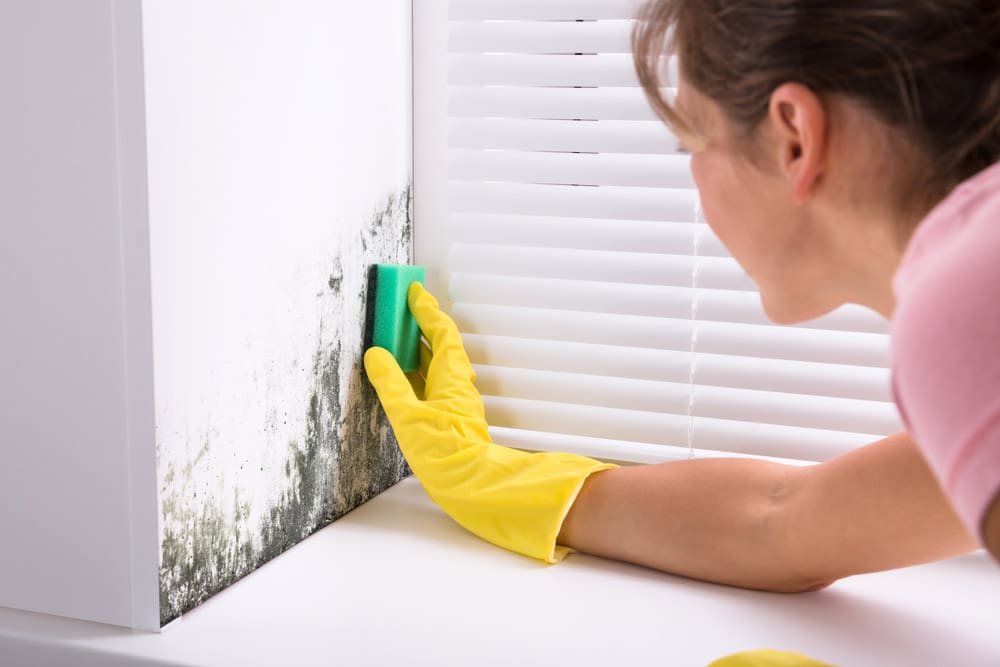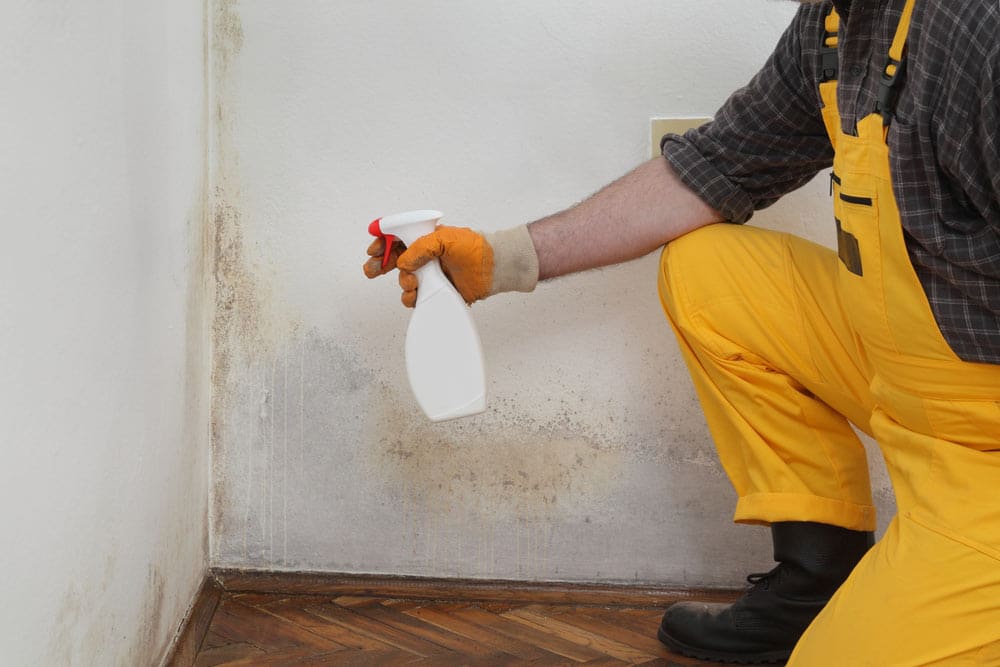
Summary: Mold in homes can be a minor issue or a serious health risk. Home inspections can help identify and address mold problems without causing alarm. Understanding mold, its dangers, and how to clean it up are essential steps.
Main Points:
- Mold is common but not always harmful.
- Mold needs moisture to grow.
- Mold inspections can reveal hidden mold.
- Most mold species aren’t dangerous to healthy people.
- Cleaning mold involves addressing moisture sources and using protective gear.
- Professional inspections can assess severity and guide remediation steps.
No one wants to find mold at home, whether in their current house or a property they’re planning to buy.
However, mold shouldn’t always cause you to panic. While it’s not something you want in your home, some mold is nothing more than a minor annoyance. As long as you clean it up and make sure the underlying cause is addressed, it won’t create serious health risks or damage your home.
Of course, some mold is more serious. It creates greater health risks and potential issues for you, both as the property owner and someone who spends most days in that home.
We don’t want to sensationalize or downplay the concerns presented by home mold inspection results. Having an informed, level-headed perspective is the best approach, especially when you’re in the market for a new home. Let’s take a closer look.
The Basics of Mold in the Home
What is Mold? What are Mold Spores?
Mold is a very broad term referring to substances created by certain types of fungi. The US Environmental Protection Agency (EPA) explains that mold plays a key role in natural ecosystems by breaking down dead organic matter. However, it should be cleaned and removed in indoor spaces, including your home.
Mold spores are normally present in both indoor and outdoor air. These tiny particles are what molds use to reproduce and spread to new areas.
How Does Mold Grow in Homes?
Mold needs moisture to grow. When mold spores (which are naturally present in indoor and outdoor air) make their way to areas of a home with high moisture content, it can be easy for mold to grow and spread.
Mold can grow in a wide range of areas. These include but are not limited to windowsills, insulation, attics, basements, and many other areas where moisture might collect. A home inspection for mold is especially valuable, as it can help you find mold that isn’t clearly visible.

Is Mold Dangerous?
The National Institute of Environmental Health Sciences says the following about the dangers of mold. “People are exposed to molds every day and everywhere, at home, at work, at school, both indoors and out. Molds are generally not harmful to healthy humans.”
Peer-reviewed research published in the medical journal Clinical Reviews in Allergy & Immunology explains further. The article notes that a large majority of mold species rarely cause disease and peacefully live alongside humans.
Molds do present health risks to people with compromised immune systems, however. And some molds may be harmful even to healthy people. A home inspection with mold testing can help to find mold in a home and identify the source of potential health issues.
How Can You Clean Mold in the Home?
Cleaning up mold itself is a relatively simple process. The EPA offers a detailed guide to removing mold. The most important points are:
- Identifying the source of water or moisture that’s enabling mold growth, then repairing or otherwise addressing it.
- Protecting yourself with gloves, goggles, and an appropriate mask such as an N95 respirator.
- Using water and detergent to clean nonporous surfaces.
- Recognizing that you may need to throw away porous materials, like carpet, if they can’t be fully cleaned.
What Happens if Your Home Inspection Finds Mold?
A house mold inspection that yields positive results should be taken seriously. Cleaning up the mold and, especially, addressing the source of the moisture or water that helps it grow is important.
At the same time, most species of mold aren’t particularly dangerous and don’t cause serious risks for otherwise healthy people. In many cases, the presence of mold by itself shouldn’t be an immediate dealbreaker or a cause for panic.
Instead, you should take a closer look at the scope of the problem and what needs to be done to fix it. Hiring professional home inspectors to inspect a home for mold is a good first step. If significant mold is identified and the type of mold present is especially dangerous, mold remediation is likely the next step.
At Titan Home Inspection Services, we keep an eye out for mold as well as the underlying sources of moisture that help it grow. A thorough inspection that includes nooks and crannies in rarely visited areas of a home helps us more thoroughly identify mold issues.
We can help you understand the severity of the issue, both in terms of the mold itself and the causes of the excess moisture that feeds it. We’ll take the time to share our findings in simple language, describe the problem in detail, and offer support if you have more questions or concerns. It’s all part of our commitment to providing the best possible home inspections.